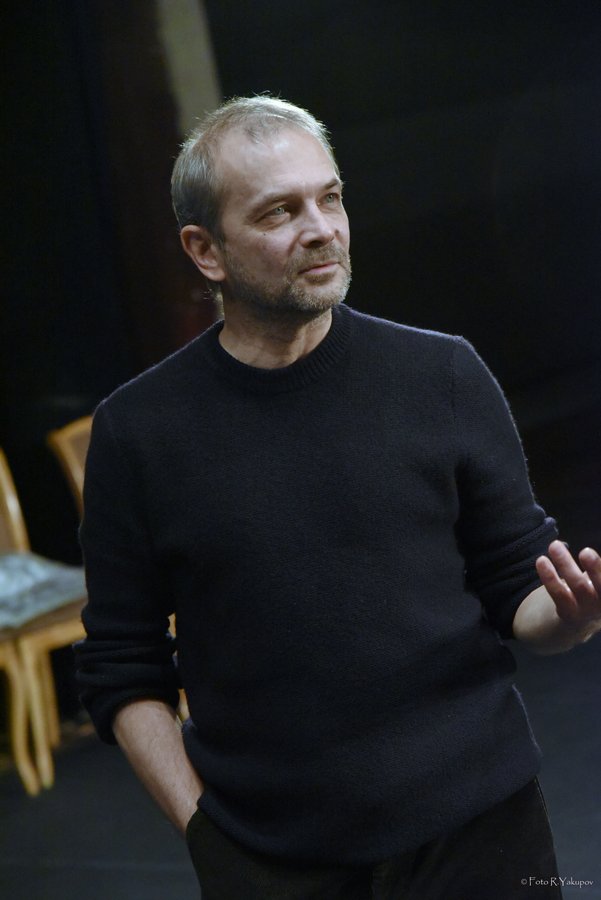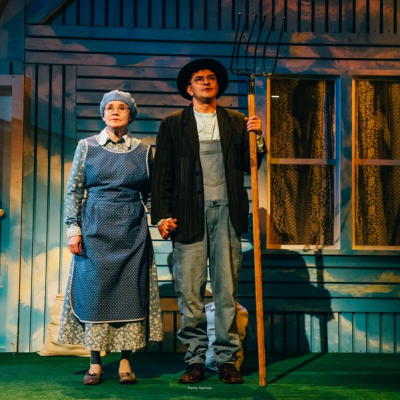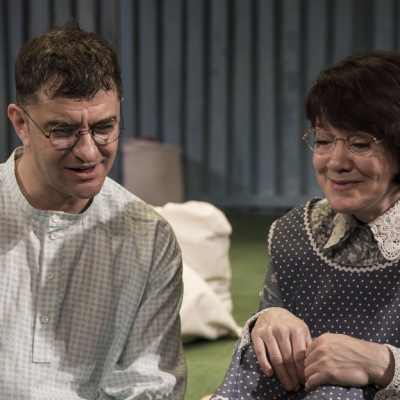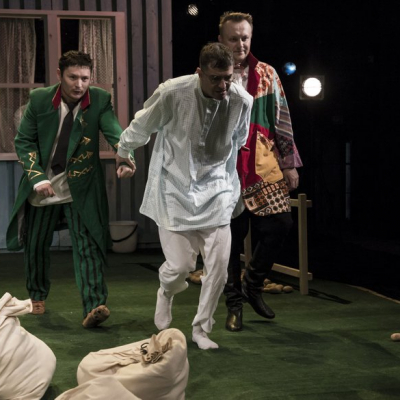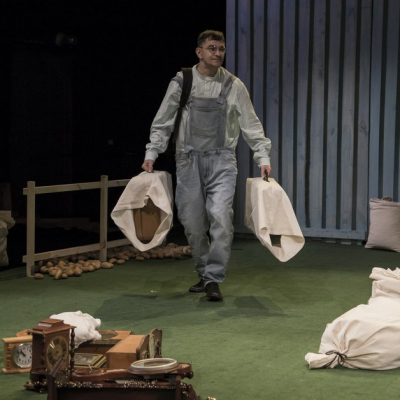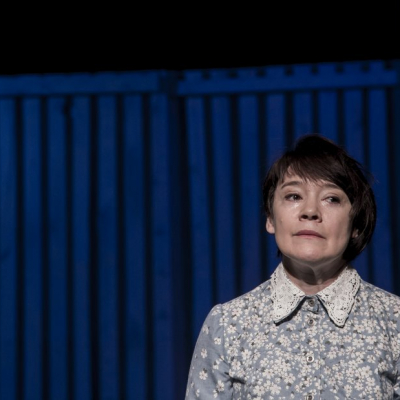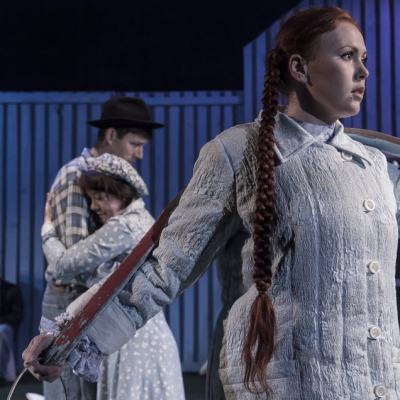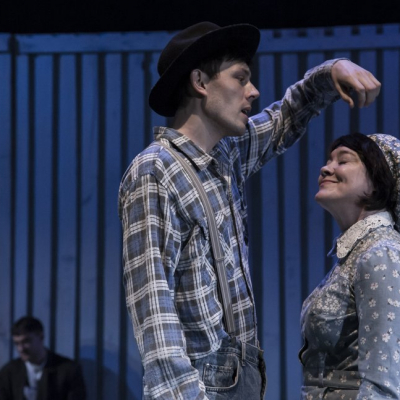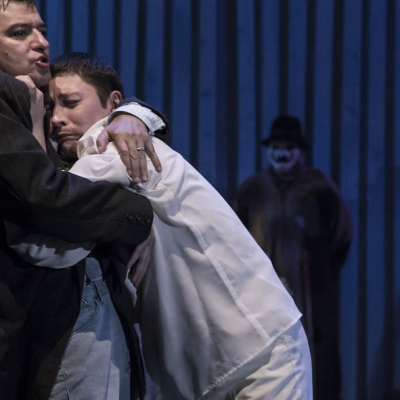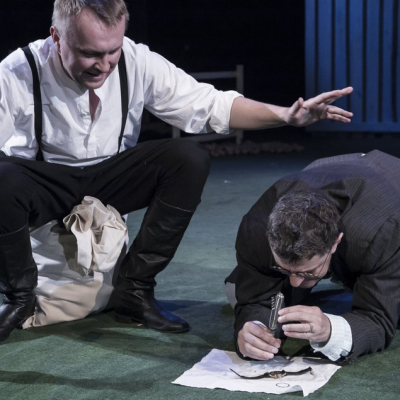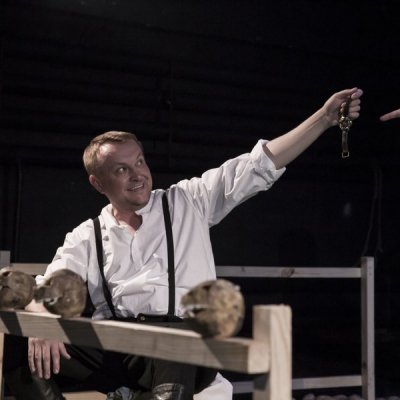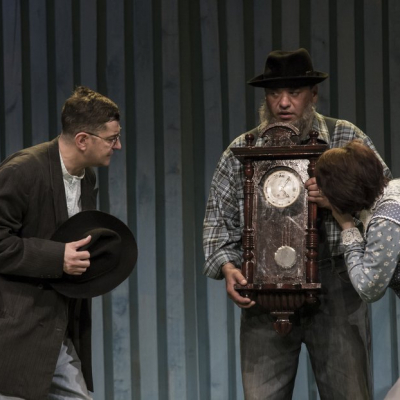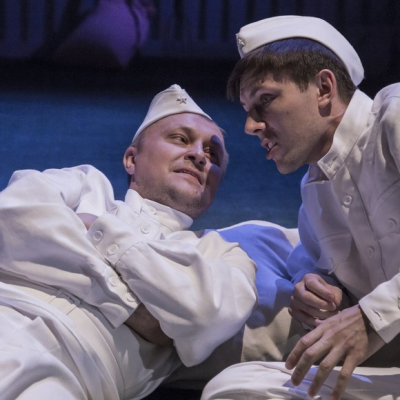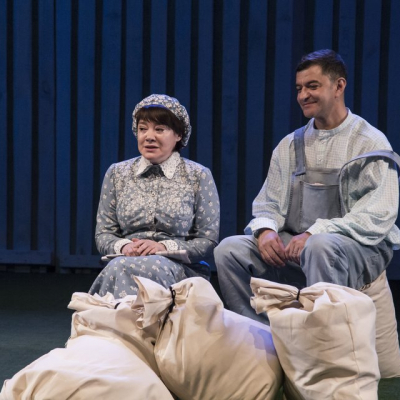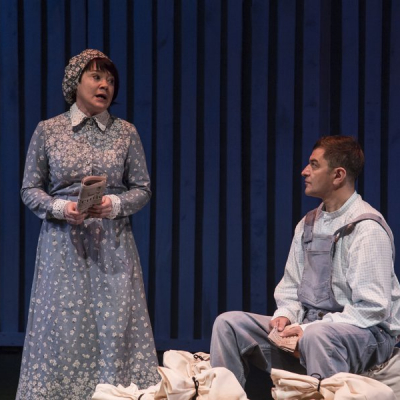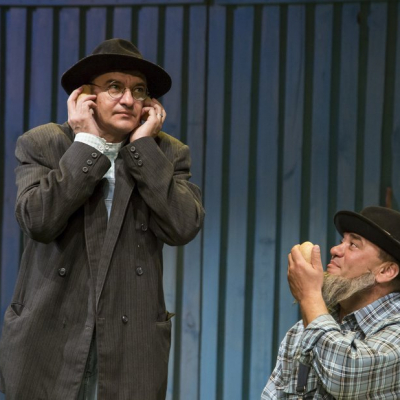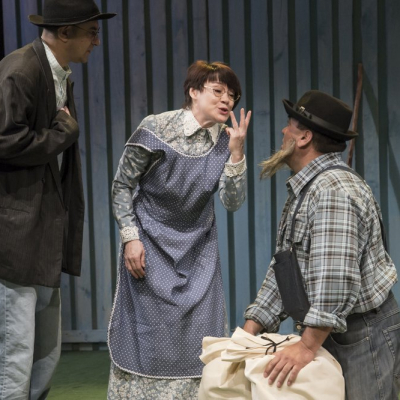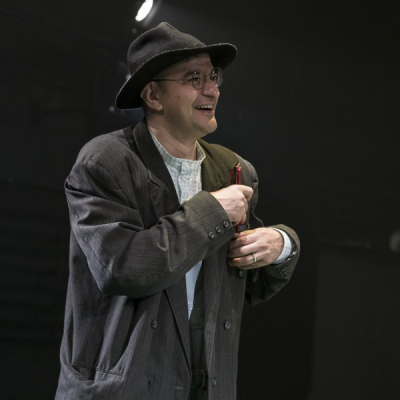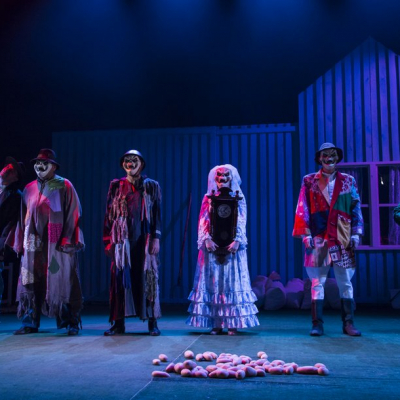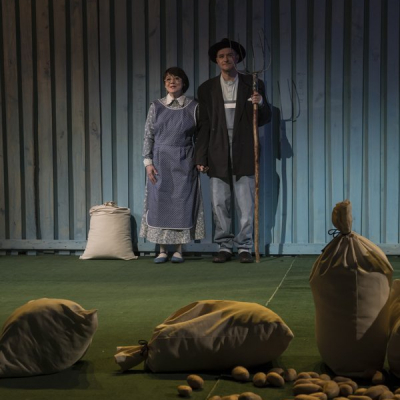ALIEN
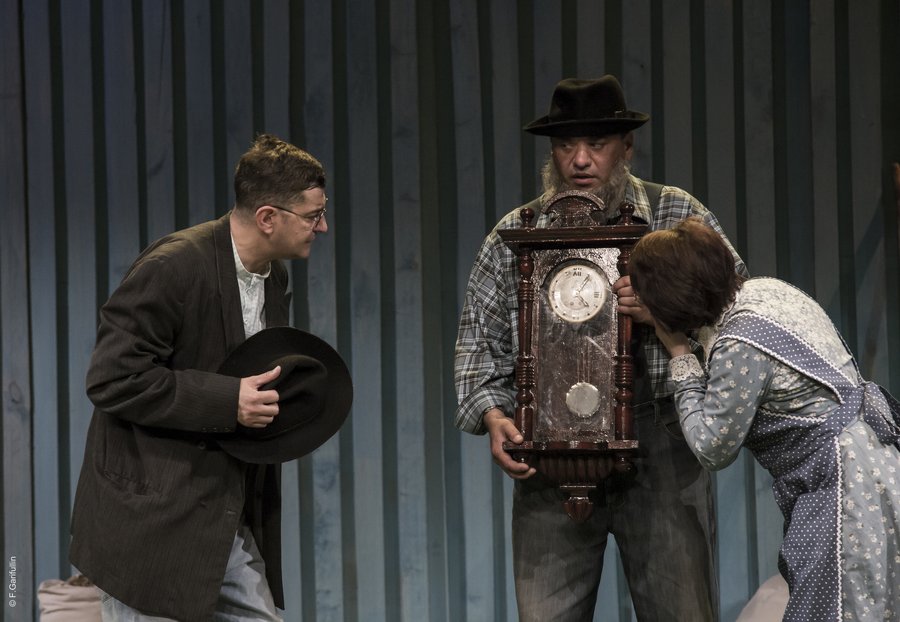
Galiaskar Kamal Tatar National Academic Theatre, Kazan, Russia
Director: Farid Bikchantaev
Performed in Tatar with Hungarian translation.
1 hours 20 minutes, without breaks.
The first controversial play by the young Tatar playwright, Sumbel Gaffarova has come to life as part of the Ibsen International “New Text – New Stage” program. It examines a little-known, painful topic in the 20th-century history of the Tatar people. Because of the upheavals of World War II and oppression suffered under Stalin’s rule in the Soviet Union, the Tatars, the second biggest ethnic population in Russia, had to face the serious challenge in their efforts to preserve their cultural identity. Soviet soldiers and officers of Tatar origin who were held captive and did not desert to Fascist Germany suffered a tragic fate: having survived the terrors of the concentration camps, they found themselves captives of the Stalinist Gulag. Those who did not return to their homeland fled to countries all over the world.
After the war, fate leads Nakip, the protagonist of “The Alien,” to Canada, where he gets a chance to start all over again. In a far-away, rural place he manages to create the replica of a small Tatar village; he grows potatoes, keeps Tatar traditions, and celebrates Tatar festivals instead of adopting Western rituals like Halloween. Nakip even calls his Canadian wife, Joanne, by the Tatar name “Zsanim” (my soul). One day, however, his neighbor – a newcomer like him, of Scottish origin – brings surprising news: former Soviet citizens are free to return to the USSR, and no dangers await them. Will the protagonist return to his homeland? Will he look for his first love? Will he visit his mother’s grave?
Full of grotesque situations and bitter humor, the performance searches for an answer to several questions: how can a people’s identity be understood, and is it possible to return to our past once we have been severed from it? The director of the production, Farid Bikchantaev, is the artistic director of the Galiaskar Kamal Tatar National Academic Theatre and a significant figure of Russian theatrical life. His adaptation of Jon Fosse’s play “A Summer’s Day” was performed at MITEM in 2014.
Actors and cast:
Naqip: Radik Bariev
Naqip in youth: Rail Shamsuarov
Joanna: Lyutsiya Bikchantaeva
Samuel: Sergeant Minvali Gabdullin
Zeytuneh, Mariambikeh: Aigul Abasheva
Khairullah, head of the concentration camp, captive, military in the café: Ilnur Zakirov
Hismatulla: Almaz Sabirzyanov
Stage designer: Albert Nesterov
Costume designer: Albert Nesterov
Dramaturge: Sombel Gaffarova
Farid Bikchantaev


